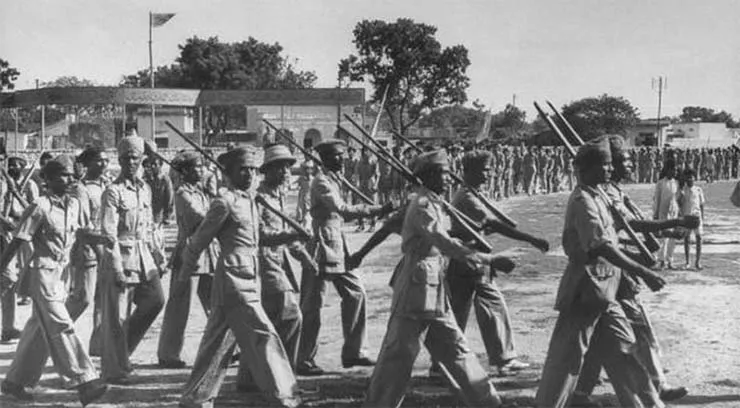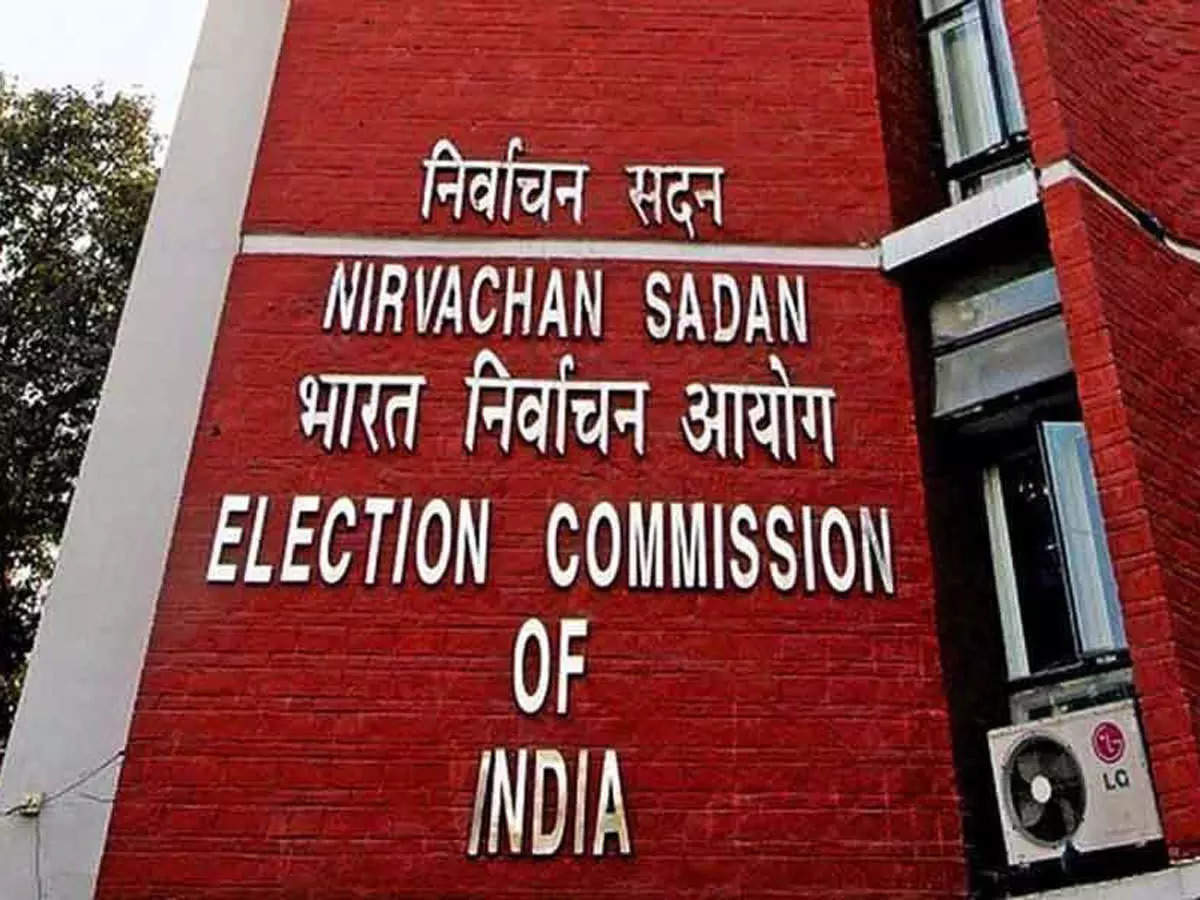Today, Sertember 18 marks the 75th anniversary of the day when Indian forces entered the city of Hyderabad on September 18, 1948, to permanently cement its amalgamation with the rest of India, through the brilliant execution of ‘Operation Polo’.
Pravasi samwad.com
Hyderabad: History is always in a state of flux. Because of its protean nature. It is always changing from moment to moment. Neither does it wait for someone’s bidding for momentous events to unfold. But swift and resolute action can and do have a dramatic impact on a nation’s history, which could otherwise have disastrous result and profoundly alter its course, particularly the status quo within the Indian sub-continent.
Today, Sertember 18 marks the 75th anniversary of the day when Indian forces entered the city of Hyderabad on September 18, 1948, to permanently cement its amalgamation with the rest of India, through the successful execution of ‘Operation Polo’.
It was a significantly strategic move by India to decisively end once and for all the devious designs of the Nizam of Hyderabad, Mir Osman Ali Khan, to become a part of Pakistan as part of the Partition process.
Coming just 13 months after India gained its independence from British rule on August 15, 1947, ‘Operation Polo’ became absolutely imperative when all attempts to persuade the Nizam of Hyderabad to join the Union of India had failed.
The decision for an armed intervention came after all diplomatic efforts to persuade the Nizam to accede to India failed, and as tensions escalated, the Indian government, under the leadership of Nehru and then home minister Sardar Vallabhbhai Patel, decided to launch a military operation, codenamed “Operation Polo”, on September 13, 1948, to integrate Hyderabad into the Indian Union.
Operation Polo was a five-day operation that began on September 13, although it was all over in two days. The Nizam announced a ceasefire on September 17. On September 18, Indian troops marched into the city of Hyderabad and the formal surrender of General El-Edroos of the Hyderabad army was accepted.
The Indian forces during Operation Polo were led by Major General Jayanto Nath Chaudhuri. He was the General Officer Commanding of 1 Armoured Division and would go on to become the Chief of Army Staff.
To play safe, India chose to refer to the operations as a police action, rather than a military intervention
Earlier to gain time for his designs, the wily Nizam signed an agreement with India in November 1947 to allow Hyderabad to maintain its status quo as an independent entity for a year.
India’s pre-occupation with the war with Pakistan in Jammu and Kashmir at the time, worked to the Nizam’s advantage, who hoped the time gained thus would work to his advantage.
Simultaneously, he placed before the UN, Hyderabad’s case for complete independence as a separate nation, citing the special alliance with the British.
Just before the armed intervention, tensions within Hyderabad, approximately the size of the Unite Kingdom, were mounting, as the Nizam’s predominantly Hindu subjects, a sizeable 90 per cent of the state’s population, had become restive as they continued to bear the brunt of atrocities by the Nizam’s private militia: the dreaded Razakars, that formed the bulk of his 24,000-strong army
This was in stark contrast to tall claims made the Nizam’s then Prime Minister Mir Laiq Ali, that their army comprised a force of 1,000,000 soldiers, ready to challenge the Indian Army if the state was attacked. But they were no match for the disciplined and seasoned men of the Indian armed forces
The Indian military had a significant numerical and logistical advantage over the Nizam’s forces. They adopted a well-coordinated approach involving infantry, armoured units, and air support to swiftly capture key points and strategically important cities.
The swift action, left the Nizam’s forces with little time to regroup or mount a sustained defence. And another glorious chapter in the annals of India History was written with the annexation of Hyderabad.
**************************************************
Readers
These are extraordinary times. All of us have to rely on high-impact, trustworthy journalism. And this is especially true of the Indian Diaspora. Members of the Indian community overseas cannot be fed with inaccurate news.
Pravasi Samwad is a venture that has no shareholders. It is the result of an impassioned initiative of a handful of Indian journalists spread around the world. We have taken the small step forward with the pledge to provide news with accuracy, free from political and commercial influence. Our aim is to keep you, our readers, informed about developments at ‘home’ and across the world that affect you.
Please help us to keep our journalism independent and free.
In these difficult times, to run a news website requires finances. While every contribution, big or small, will makes a difference, we request our readers to put us in touch with advertisers worldwide. It will be a great help.
For more information: pravasisamwad00@gmail.com











